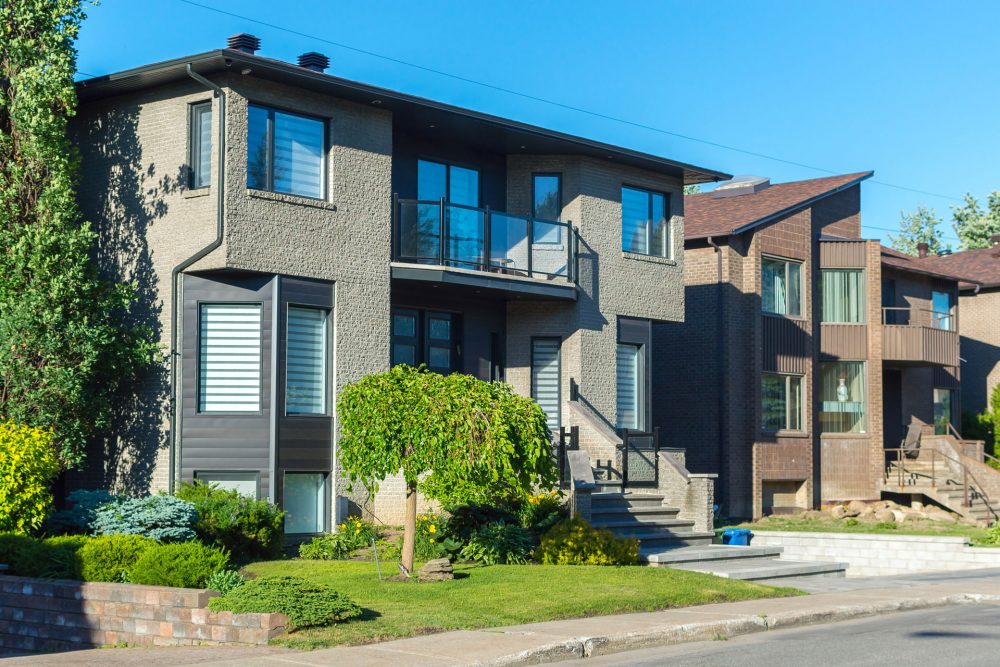Taking stock and reevaluating
Canadians have much to be thankful for. Although we’re not immune, our banking system was recently ranked as the best in the world. It’s safe to say we can expect some difficult times ahead in many sectors of our economy, and one of the sectors already showing signs of a slowdown is housing. Depending on your region, housing prices will be affected differently. Some owners will see more significant reductions in market value. For most Canadians, the purchase of a house is the single largest investment they’ll make, and the single largest asset they’ll own.
The last few years have seen emerging trends that have a particular impact on seniors. Firstly, there are many seniors with paid-off mortgages who are house rich but cash poor. Municipal governments have raised property tax evaluations significantly. Also, a large majority of Montreal’s housing stock is old, requiring major renovations. As a result, many seniors on fixed incomes can no longer afford to live comfortably in their own homes or are forced to take home equity lines of credit to do so.
The second trend is that because of low-interest rates, many seniors are opting to buy condos instead of renting, thus taking on mortgages that may never be paid off in their lifetime. Once these individuals hit retirement, they may have trouble maintaining their mortgage payments and taxes. There are options available and they all center on taking stock and reevaluating your complete financial portfolio and living expenses. For those strapped for cash, solutions like reverse mortgages and home equity lines of credit may be suitable in some instances. It is important to consult with an independent financial advisor to evaluate your needs.




